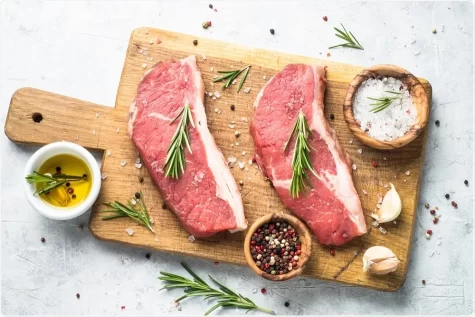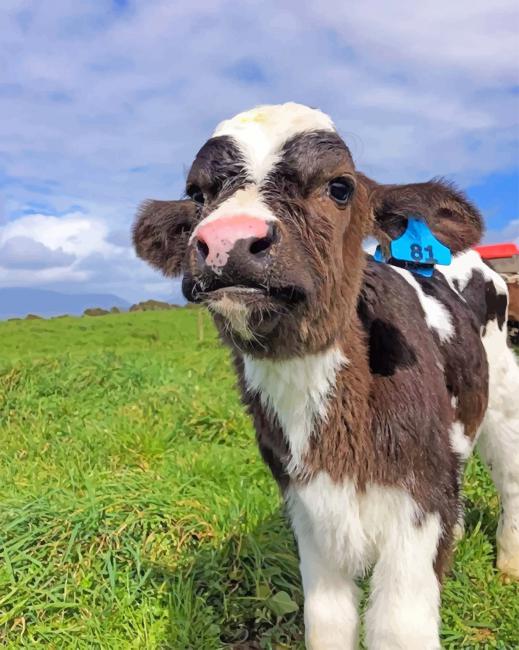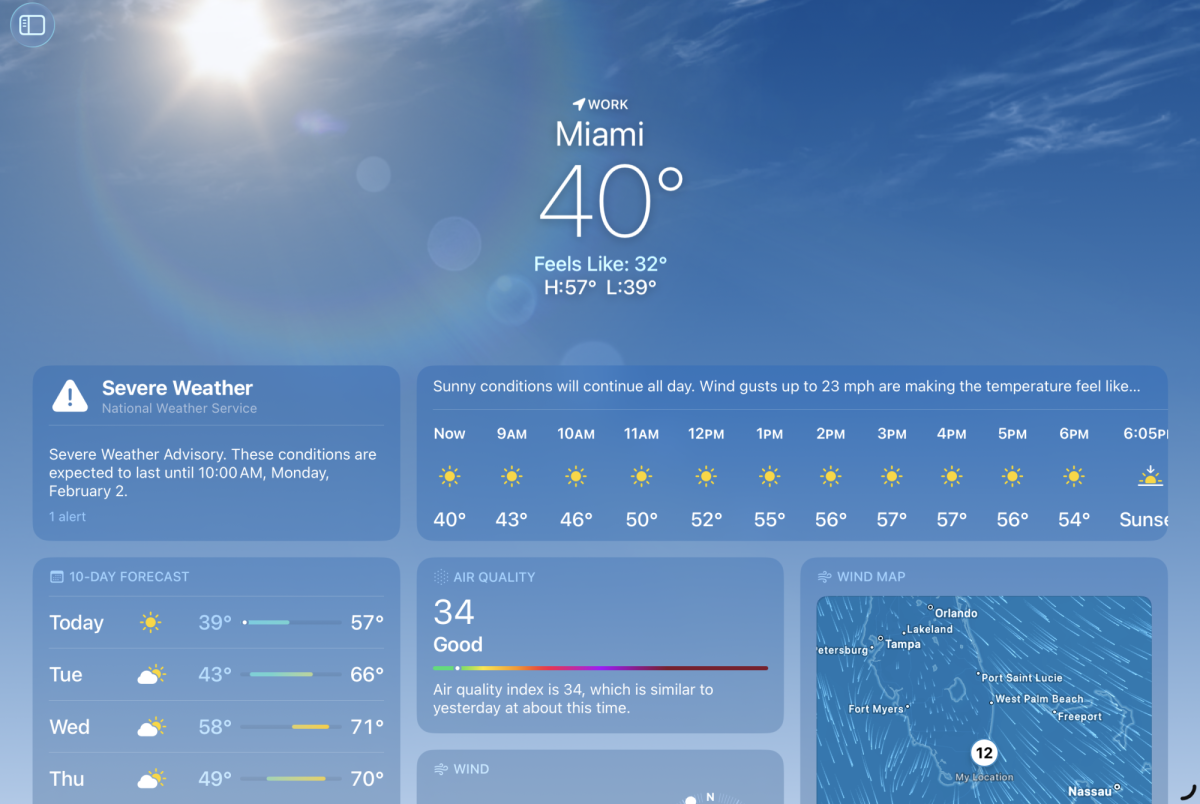Why Decreasing Your Meat Consumption Should be on Your 2022 Resolution List
January 31, 2022

In January 2022 more than 582,000 people from more than 200 countries adopted a vegan diet to partake in an annual challenge known as “Veganuary.” Most people realistically won’t partake in this challenge all year long, but there are definitely takeaways from this.
Switching to a fully or even partially plant-based diet can help significantly reduce global greenhouse-gas (GHG) emissions and is considered to be a crucial step in the fight against climate change. Meat is a staple in many diets and even lifestyles, but the controversy over its impact on the environment as well as human health is important to understand in 2022.
Treatment of Animals
When many people think about vegans or vegetarians, they think of animal lovers. While an obvious concern is for animals and their well-being, it goes further then that.
Approximately 50 billion animals of the 70 billion farmed every year are squeezed into overcrowded cages and receive inhumane treatment during their short, miserable lives.
“Reducing your meat consumption will make a huge difference to the lives of these animals and free-up resources to help move to higher welfare production,” according to the organization, World Animal Protection.
Going fully vegan is a lifestyle change that requires much dedication and effort, which many people are not willing to fully commit. Luckily, this is not the only way to make a difference. Simply reducing red meat intake by 50% can make a huge impact.
“Animal agriculture is responsible for around 14% of greenhouse gas emissions, which amounts to more exhaust from all transportation,” according to the Reducetarian Foundation.
This is mainly due to the overpopulation of cows which produce large amounts of methane in the atmosphere. Simply reducing red meat consumption would in turn reduce the carbon footprint.
“Being told to just fully cut out something that you are used to in everyday life is not easy, but once I started being more mindful about how much animal products I was actually consuming, the more I started to really think about the effects enjoying my burger had,” said junior Alfonsina Santucho.
If Not for the Animals, Do it for Yourself
The flip side of this argument is the health concerns for humans. Some believe that meat can increase heart risks, obesity, diabetes, and even cancer. However, it is not completely necessary to go vegetarian or full-on vegan, but it is important to be mindful of where your animal products are coming from, what kind, how they are prepared, and how much you consume.
Most store-bought meat is treated with antibiotics used to strengthen the immune systems of the factory-farmed animals. This a result of the harsh conditions most cows are living under before butchering in which many animals become ill.
“I feel like anything these days have risks as it’s almost impossible to retrace exactly where all of our food or drinks are coming from. My family eats meat and so do I. I would see a problem if I was eating a steak every night but I think as long as I eat meat in moderation I shouldn’t worry about it too much” says sophomore Umi Noritake
The foods we eat is as personal as the clothes we wear. When it comes to enjoying your burger sometimes ignorance is bliss, but there are consequences to this mindset.















